27, March 2022
Samuel Eto’o in saving Cameroon football: Myth or reality? 0
When Samuel Eto’o won the election to become president of the Cameroon soccer federation, he jumped from his chair and punched the air like he might have done after scoring a goal at the height of a playing career that put him among the best strikers in the world.
But that celebration in December marked just the start for Eto’o, who has set himself the daunting task of rebuilding a broken domestic soccer structure in his Central African home country.
Cameroon’s national team is one of Africa’s most successful with five continental titles; Eto’o was on the team for two of them. Cameroon seized the world’s attention with a memorable run to the quarterfinals of the 1990 World Cup, led by charismatic striker Roger Milla. Many took notice of African soccer after that and Cameroon has gone on to play at seven World Cups, more than any other African nation.
Yet at home, the last decade has been deeply difficult. The national league has been bedeviled by interference from the government, allegations of corruption and unkept promises from soccer leaders. The league has been regularly disrupted, sponsors have deserted it — taking their money with them — and players have lost faith.
“I can’t list the number of players who have left football to do other jobs because they benefit nothing (from playing),” said Che Malone, a defender with Coton Sport, Cameroon’s national champion.
Malone said many players in Cameroon “play for free or almost free” as some teams aren’t always able to pay their salaries.
Enter Eto’o
It was a surprise when the former Barcelona and Inter Milan striker announced he was standing as a candidate to lead the troubled Cameroon federation. It was a shock when he won.
Eto’o promised to fight corruption, promote women’s soccer, improve stadiums and other infrastructure, get fans back at games and — maybe his key promise — improve the lives of players.
“It’s imperative to look beyond selfish interests in order to revive our local championships,” Eto’o said.
He also stated he had a mission “to rekindle the winning spirit within our national teams” and there were early signs of that when Cameroon impressed and excited on the way to third place at the African Cup of Nations it hosted in January and February.
Turning around the domestic game won’t be nearly so easy, or immediate.
But the 41-year-old Eto’o has made a start, establishing a minimum wage for players in the top two tiers and enforcing rules requiring club owners to show proof they have enough money to pay their players and staff.
He has also negotiated a deal to see the return of league sponsor MTN, a multinational telecommunications company, and has promised to build 10 stadiums in answer to players’ pleas for better settings to ply their trade. Some lower-tier games go ahead on fields that have more bare earth than grass.
Cameroon’s top tier is also back up and running again having kicked off on March 16.
There’s a long road ahead, but Eto’o “has ignited hope in us,” said Frank Abianda, a striker with top-tier club AS Fortuna. “At one moment the future seemed very dark.”
Source: AP
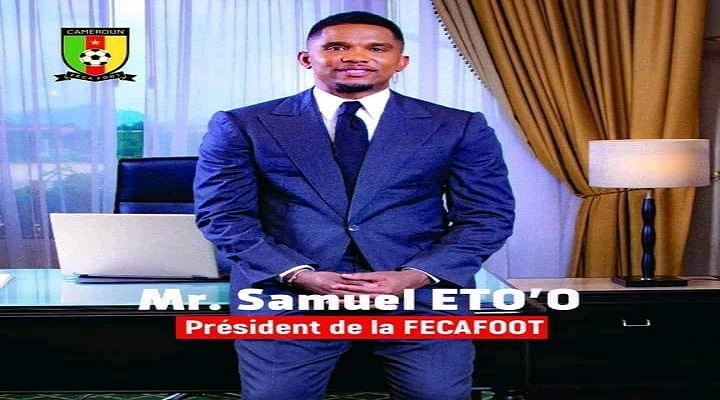
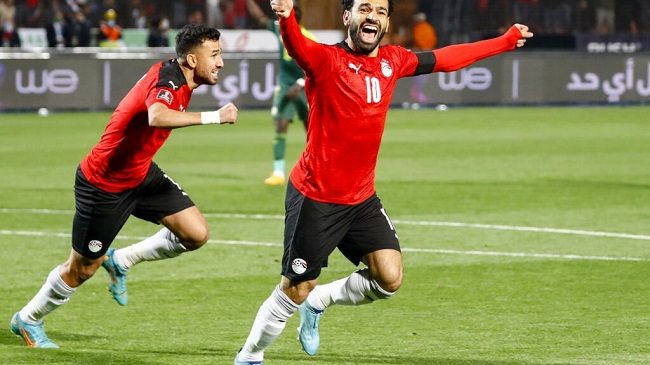
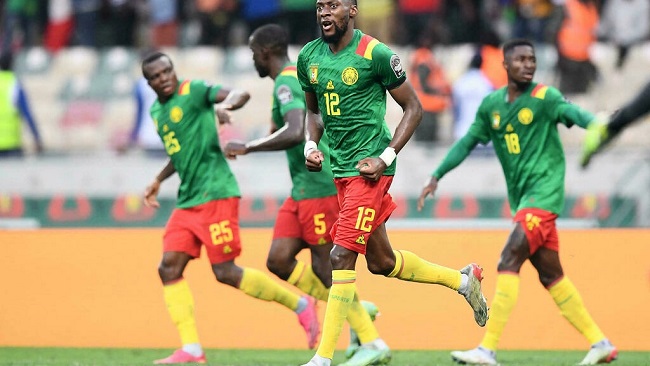
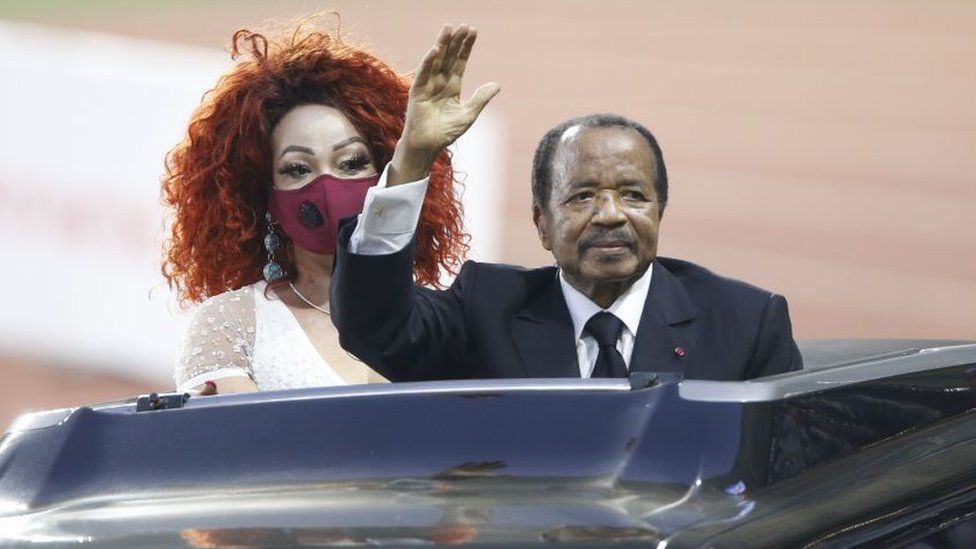
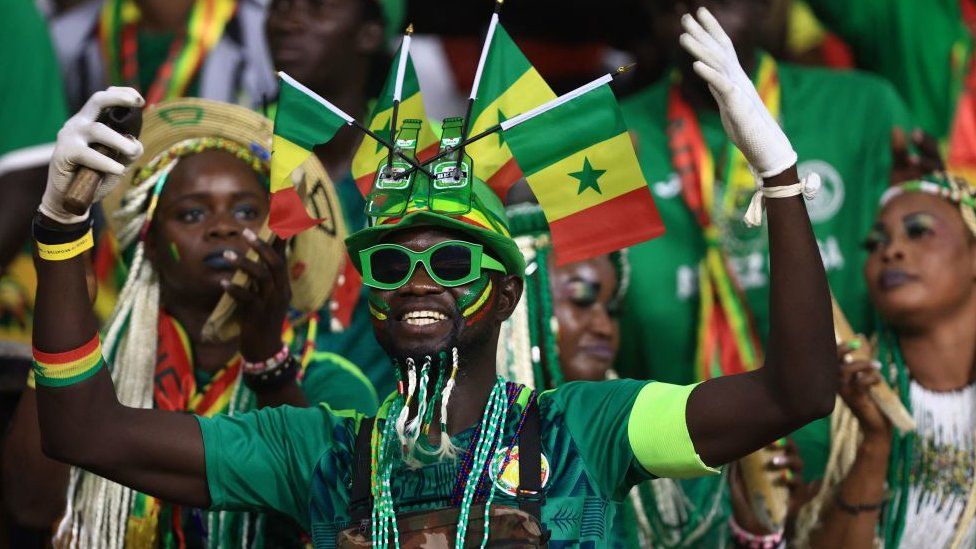


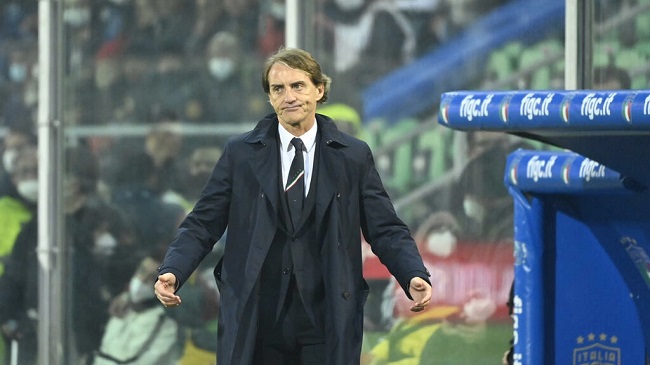

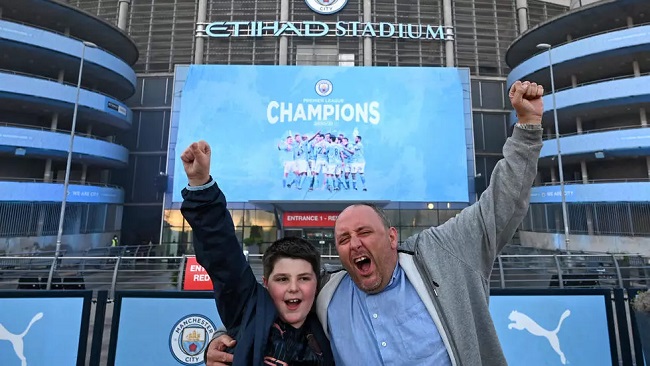
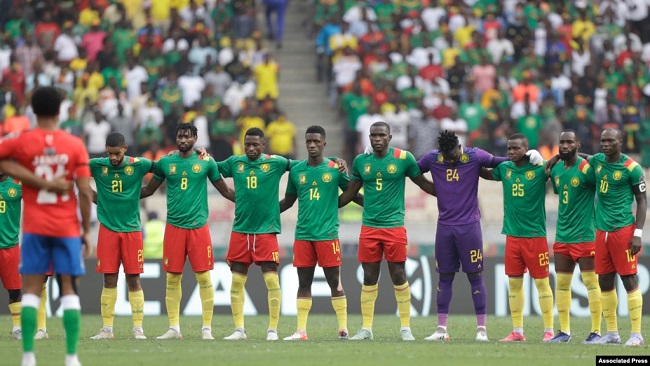
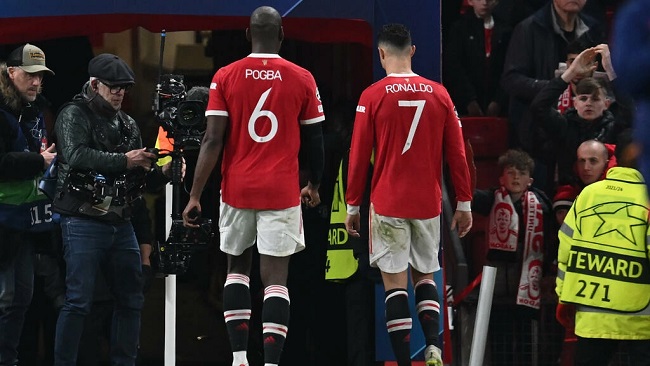
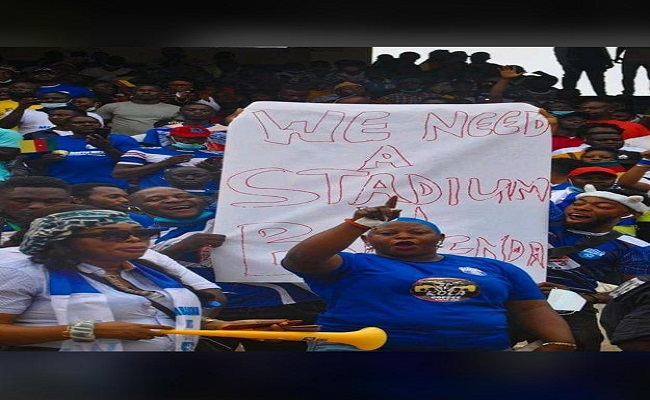


















28, March 2022
German tennis legend Boris Becker ’embarrassed’ by bankruptcy 0
Former Wimbledon champion Boris Becker told a London court he felt “shocked” and “embarrassed” after being declared bankrupt just days before the 2017 tournament at the All England Club.
The six-time Grand Slam winner said the negative publicity had damaged “brand Becker” and left him struggling to make enough money to pay off his debts.
Becker was declared bankrupt in June 2017 and is currently on trial accused of failing to hand over assets including nine trophies and medals from his glittering tennis career.
The 54-year-old German said he had been seeking to pay off a more than £3 million ($3.9 million) loan from private bank Arbuthnot Latham, including through the sale of his estate in Spain.
The court heard the bankruptcy decision came days before Wimbledon, where Becker was working for the BBC as well as Australian and Japanese television stations.
“As you can imagine, I was very shocked at the fact. Because it was all over world news, and I walked through the gate of Wimbledon and everyone knew. I was embarrassed because I was bankrupt,” Becker said.
He told jurors the bankruptcy was also in the midst of a “stressful time” with his then wife Sharlely “Lilly” Becker, while they were living in “separate quarters” at his rented house in Wimbledon.
Describing an incident while he was commentating on the men’s quarter final involving Roger Federer, he said: “My son called me saying my wife was breaking down the house – the furniture, the windows. The police came… while I was on site.”
Becker, who arrived at court with his partner Lilian de Carvalho Monteiro, sat at the witness box on Monday to give evidence.
He said he faced damaging publicity “all around the world” but especially in Germany and the UK, which has affected his ability to earn.
“It is very difficult when you are bankrupt and in the headlines every week for it. It is very difficult to make a lot of money with my name,” he said.
The former world number one, who was occasionally helped to give evidence by a German translator, denies 24 charges under the Insolvency Act.
They include nine counts of failing to hand over trophies and other awards, seven of concealing property, five of failing to disclose estate, two of removal of property and one of concealing debt.
He is accused of failing to hand over nine trophies, including two of his three Wimbledon men’s singles titles, an Olympic gold medal, his 1991 and 1996 Australian Open trophies and his Davis Cup trophy and gold coin.
Source: AFP